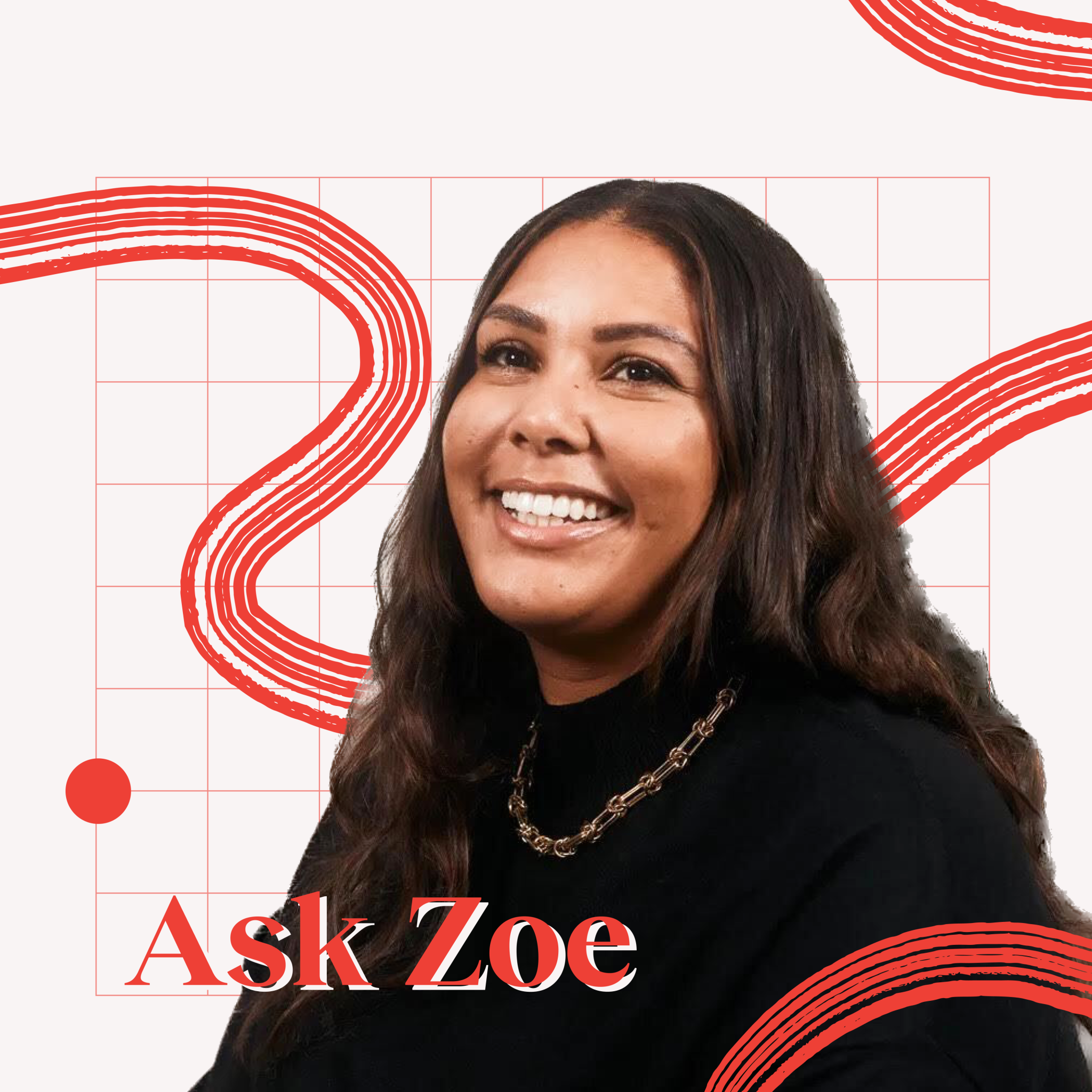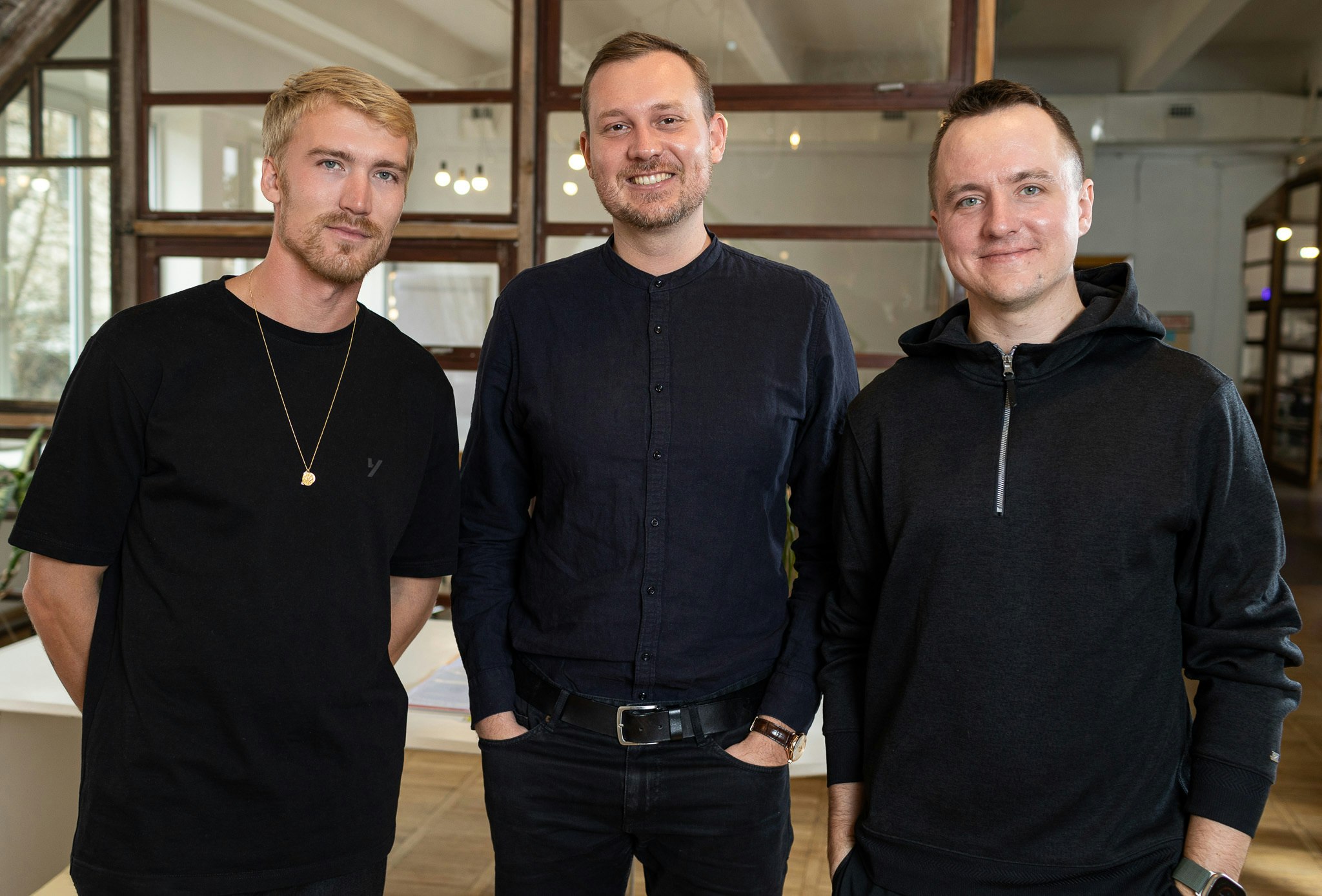Any fundraising founder faces an ocean of investor feedback — and rejection. After dozens or even hundreds of "no"s, it’s tempting to give in.
Do these investors know something you don’t because they’ve worked with many founders before? Or are you so in love with your own product that you don’t realise how unfundable it really is?
But never simply assume that investors know best. Their feedback can be helpful, or just plain nonsense. Founders should know the difference.
Two parallel processes — two different experiences
I've been reflecting on investor feedback because I recently raised for Halitus, my deeptech diagnostics startup. Let’s just say that some feedback was better than other.
Let’s start with the bad.
We presented our concept — a portable device using sensors, lasers and machine learning for rapid, non-invasive disease detection — to a newly established group of amateur angel investors from Germany.
A former top-tier management consultant took the lead in coordinating a one-hour pitch. Explaining a deeptech venture in an hour felt challenging and I noted that they weren’t clear on who I would be meeting. But given the group had a healthcare background, I felt confident it would be a good first meeting and we would have more chances to go deeper later.
Just one week after the pitch, an email appeared in my inbox from the ex-consultant:
“Hello Sven,
Hope all is well with you! Thank you so much for your pitch last week at [name of the syndicate].
We found the exchange with you exciting and you very convincing as a founder.
Unfortunately, we will still not invest in Halitus, which is mainly due to time issues:
- Focusing on the value proposition: You gave an impressive oral presentation of the breadth of application areas and set out a great vision. At this point in time, we still lack the sharpness or clarity of the obvious applications to make the leap to a paid solution. We are aware that this focus can still emerge, but recommend that the concretisation of the economics / commercialisation be worked out more strongly for further pitches.
- State of the technology: We were pleased to hear that your cofounder is deeply involved in the technology. During the pitch, the state and defensibility of the technology was not sufficiently clear to us. If necessary, visualisations of the technology, development plans and further team insights would help here.
We had the impression that you are building a very strong technology with a very strong, senior team, but have not yet worked out where you want to go with it. That is our recommendation for further pitches. It's a shame that we can't get together at this point. We wish you and your team all the best and would be happy to stay in touch.”
I was baffled.
On commercialisation, we’re a pre-seed medtech venture, but still we have various strategies for commercialisation, including advanced conversations with two global market leaders interested in parts of our IP. And on defensibility: we have three patent applications!
I decided to take the feedback with a big grain of salt and move on
I could have sent them this additional information, but then I realised they thought I didn’t have these things because we didn’t cover it in one hour. I decided to take the feedback with a big grain of salt and move on.
On to the good.
At the same time, I was engaged with another angel group called BetterVentures. This group of entrepreneurs runs a structured, multi-stage process that they make transparent from day one. The process includes tech due diligence, a founder personality assessment, responses to (a lot of!) questions over email and on calls, and they even uncovered problems in our existing loan agreements — such as a vague formulation that could lead to disagreements later and other things that our lawyers should have brought up, but probably lacked the experience of how small wordings might turn into big problems at later funding rounds.
This process, albeit time consuming, was already in and of itself a value add and frankly made me as a founder feel seen, heard and understood. Even if they had given me a pass, I would have been thankful for the interaction. Luckily they decided to invest!
Lessons learned from the good and bad of investor feedback
These parallel processes provoked thoughts about the discrepancy between these two groups.
First, I learnt that fundraising is like a job interview. It’s not one-sided; instead, both sides should be evaluating each other. Founders must also their due diligence about who they are pitching to.
Especially if your counterpart is well-meaning but inexperienced, get a second opinion on their view, either from other entrepreneurs or investors. Do they really have the tools and experience to assess your venture in the right way? This is not to dissuade would-be investors. On the contrary, you are needed! My hope is that you find the opportunity to learn from seasoned investors first.
A frank refusal with sound reasons is infinitely more constructive than bewildering excuses and smoke screens
Second, if you realise that you are pitching to someone who isn't trying to understand what you're doing, don’t waste your time on them. Although intuition often plays a role in decision-making, presuming that an hour is sufficient for an informed decision is misguided, especially in deeptech.
Third, look for investors who will give you honest feedback. A frank refusal with sound reasons is infinitely more constructive than bewildering excuses and smokescreens — if they can’t give a straight answer now, is there something they are hiding, like a lack of investable funds?
I’ve come to ask myself not, “Is this feedback honest or accurate?” but rather, “Does this feedback tell me if this investor is right for me?” Reframing in this way has helped me have better interactions with potential investors — and find the best ones for my business.



